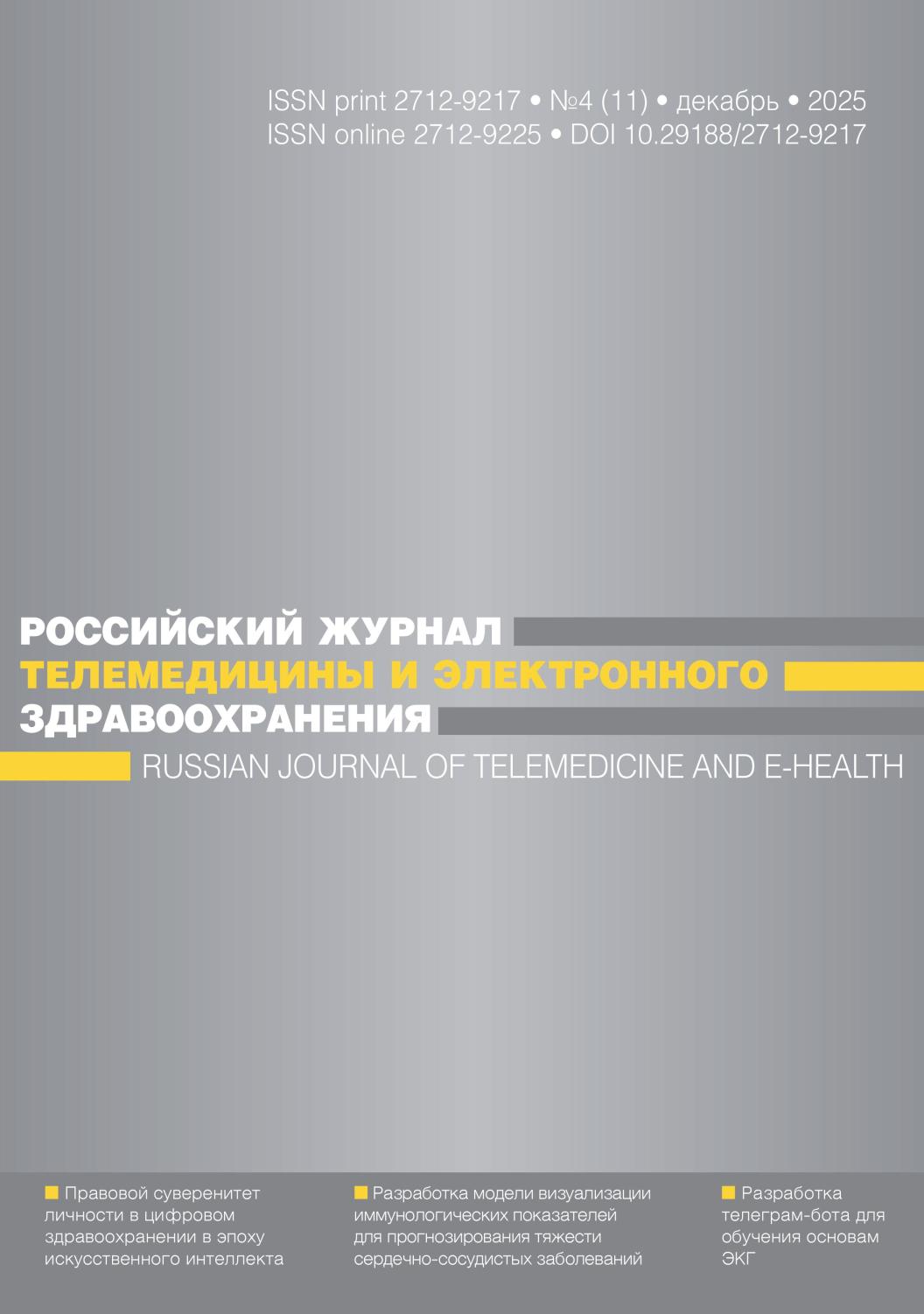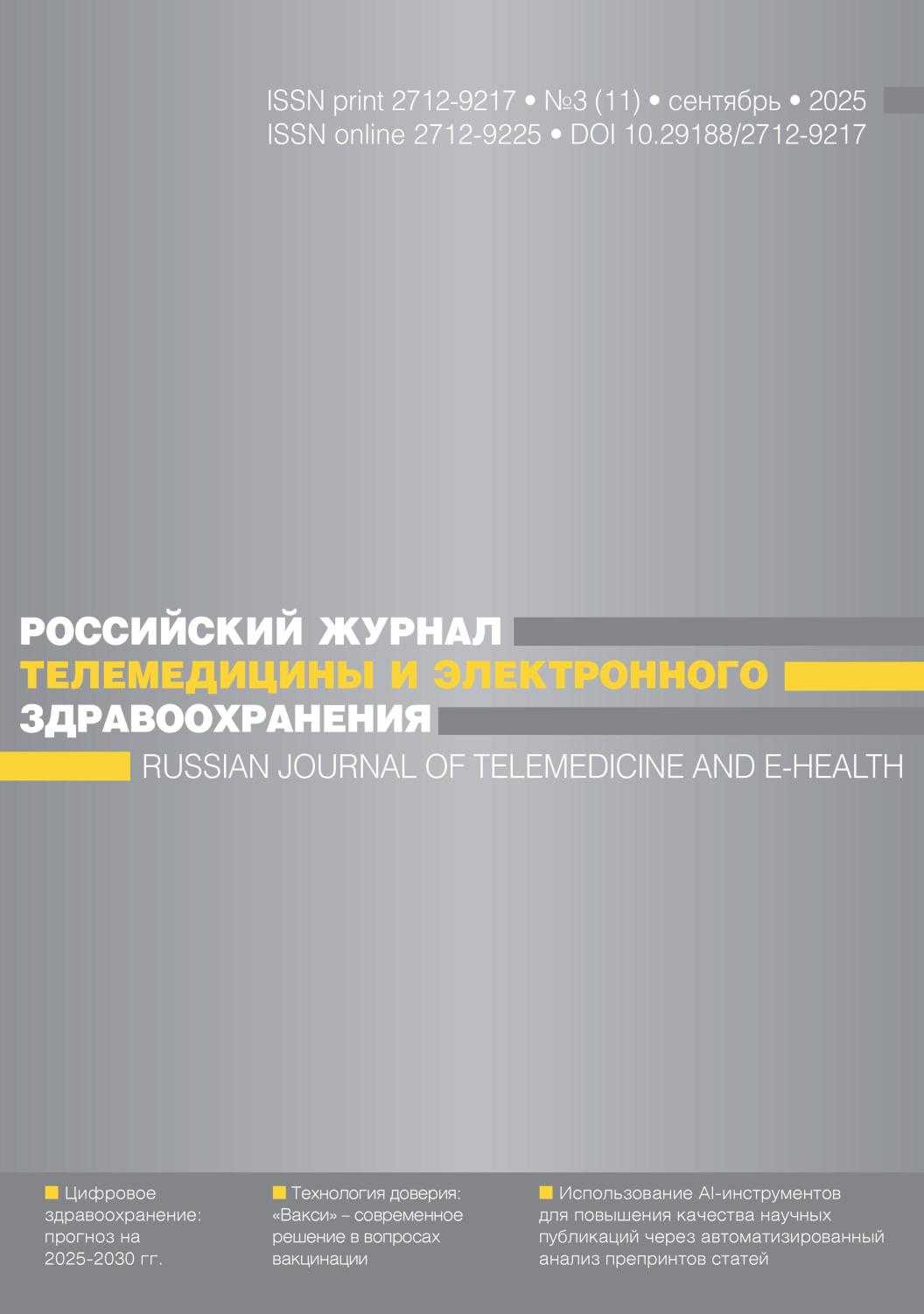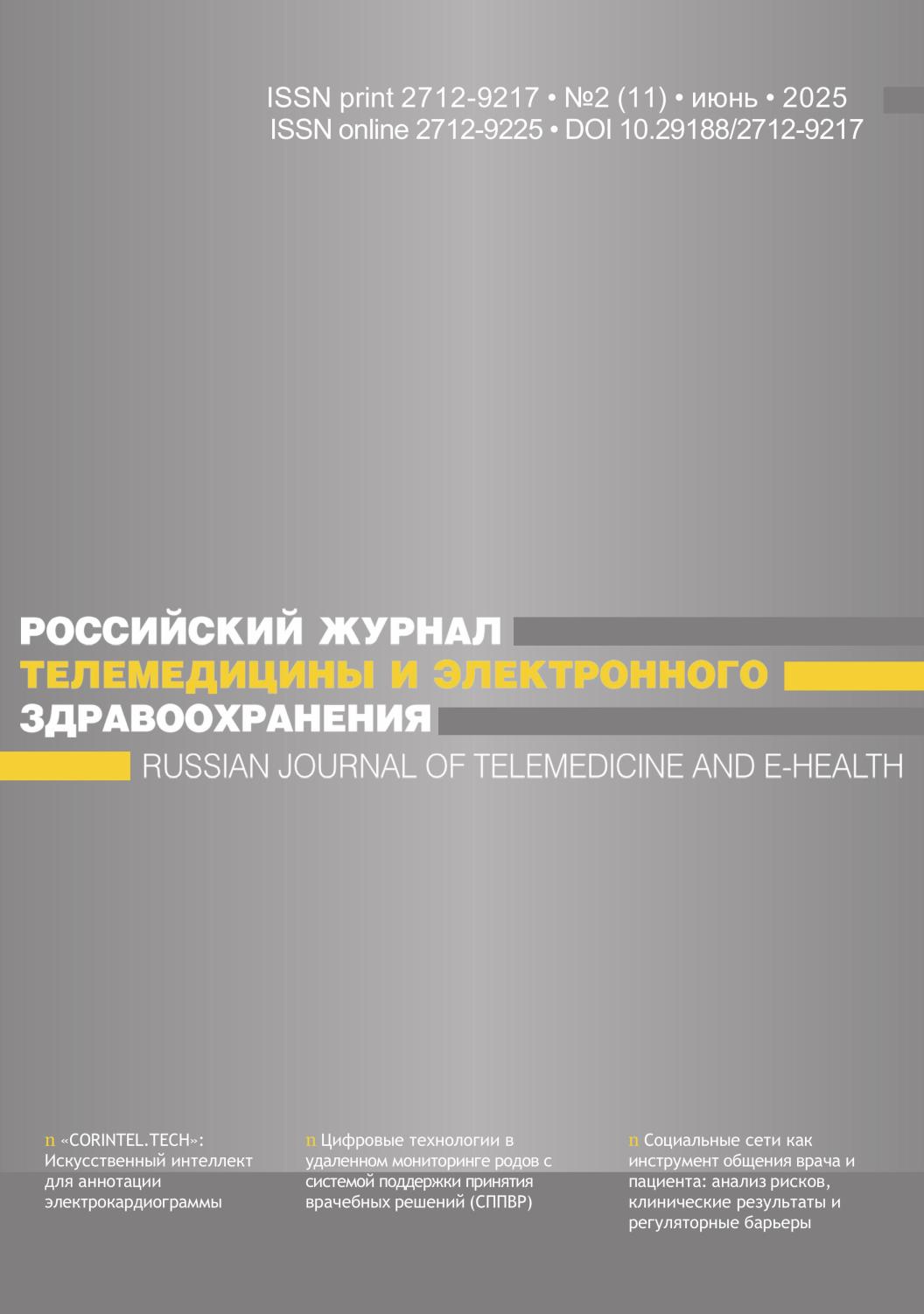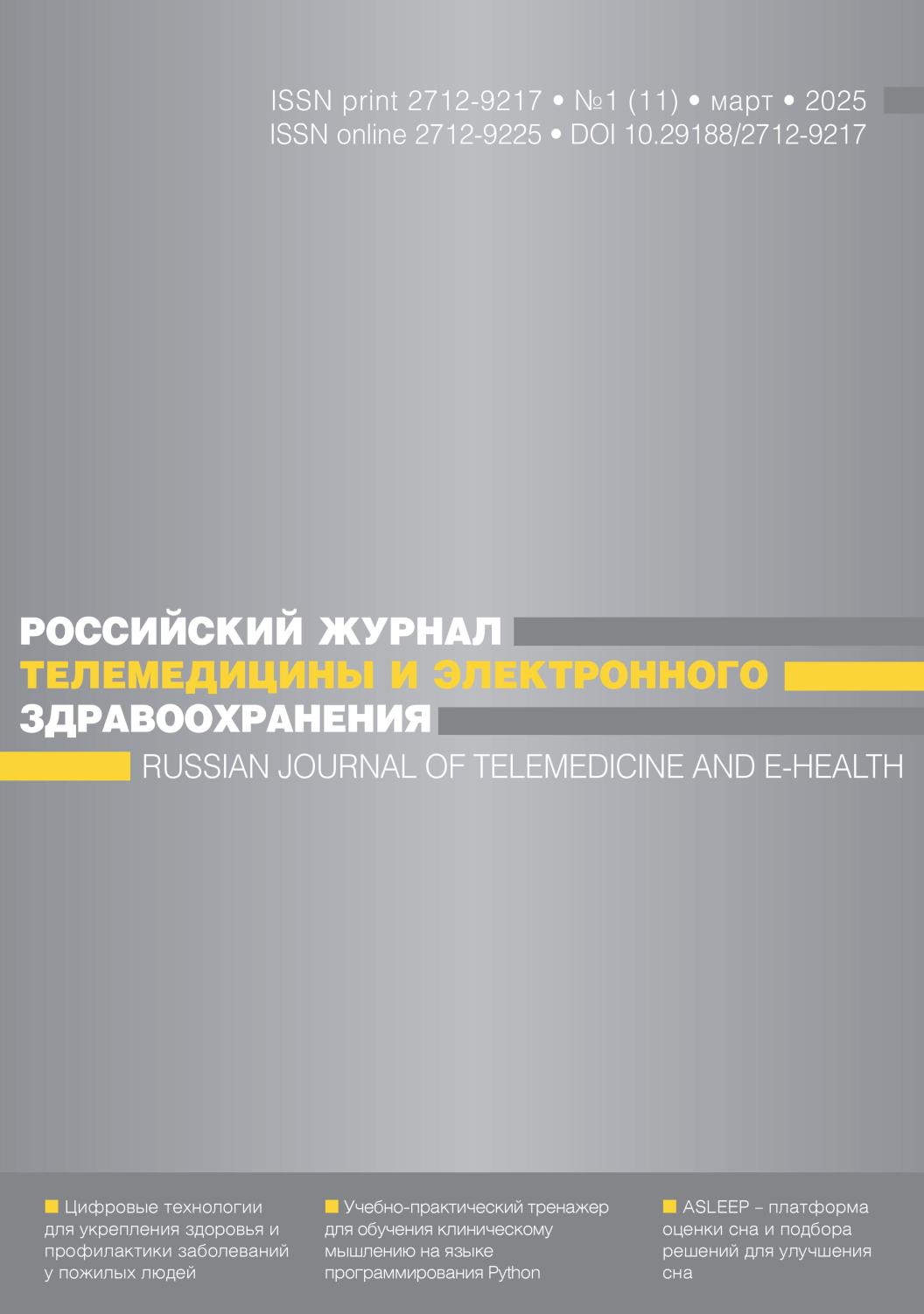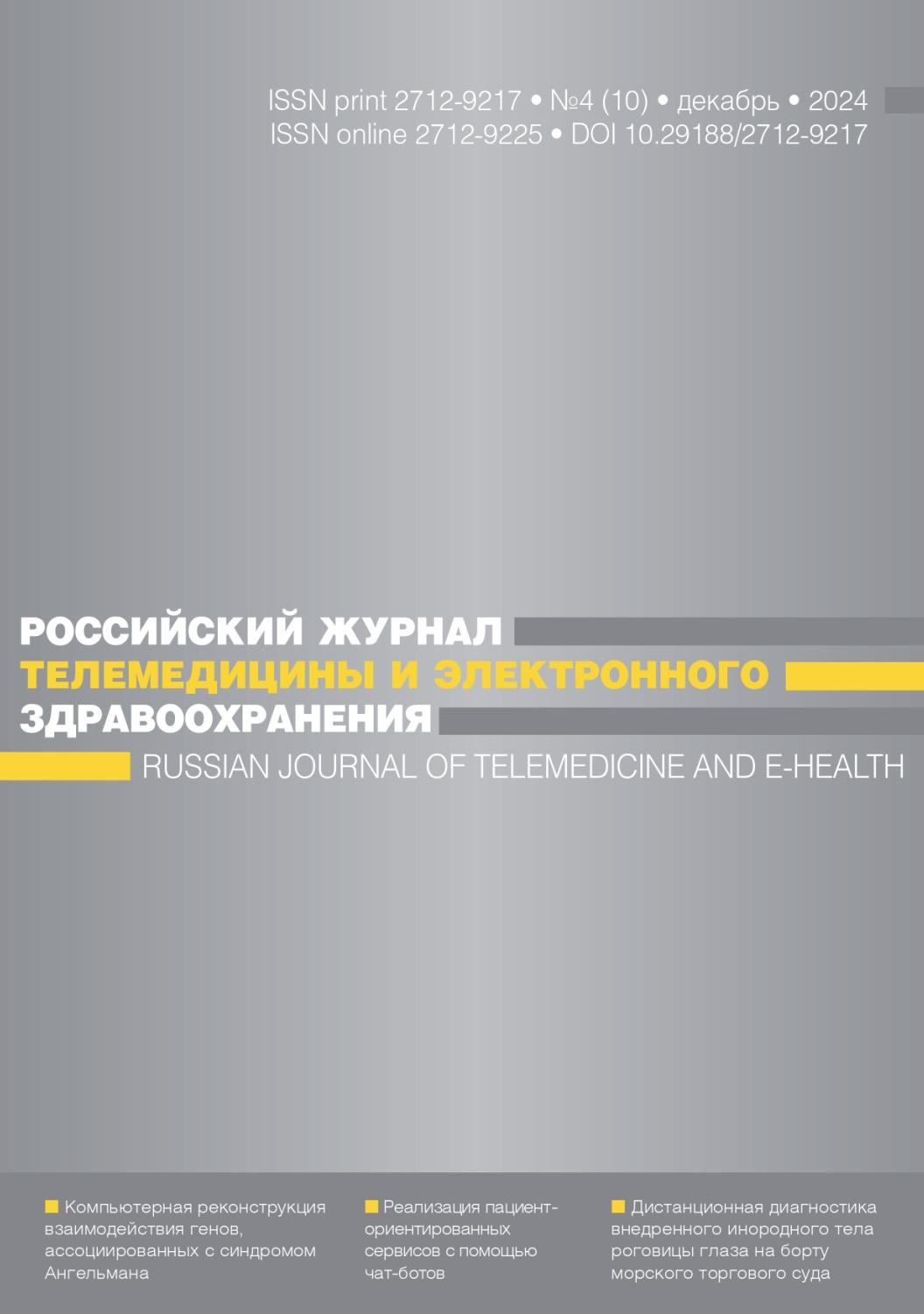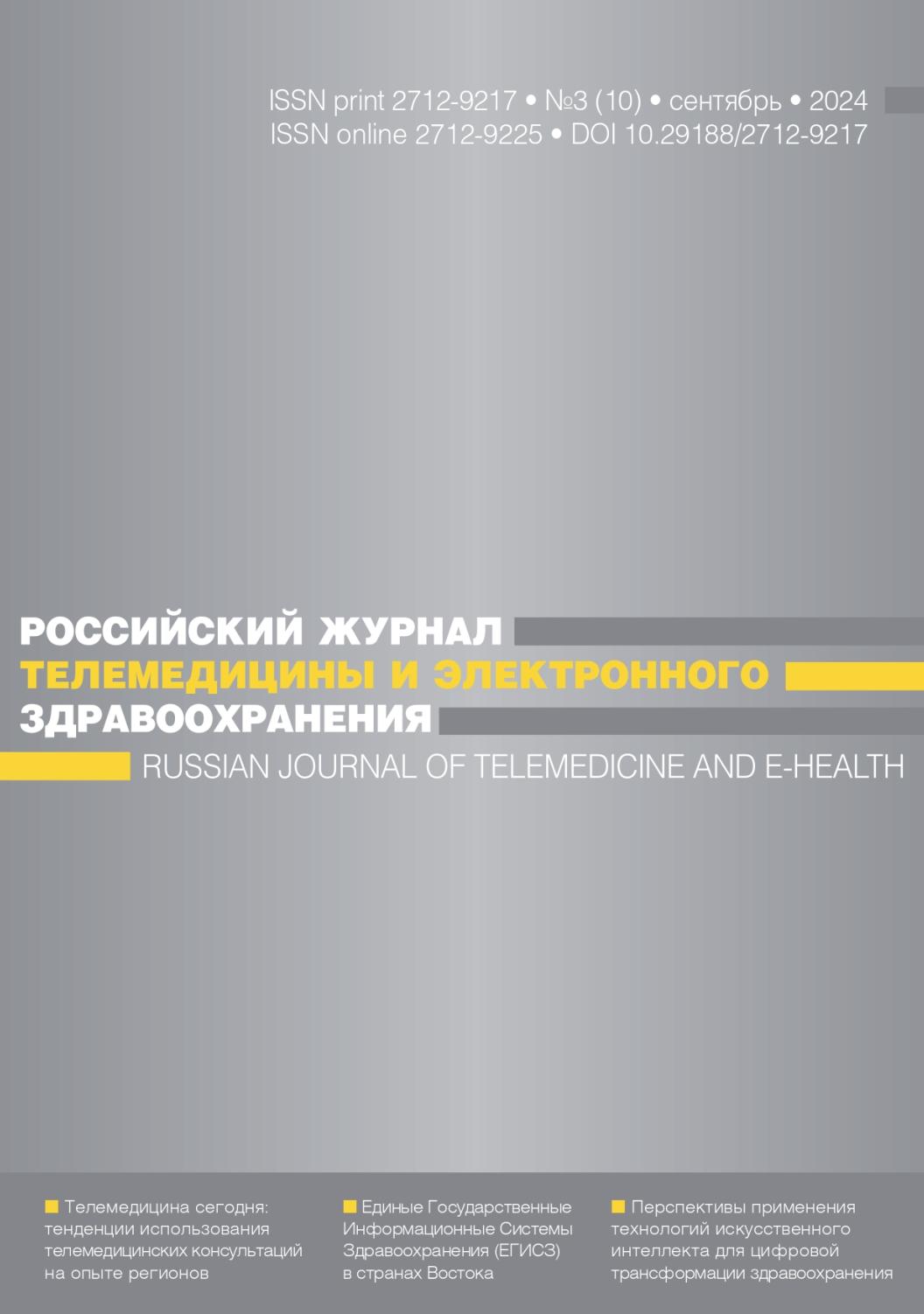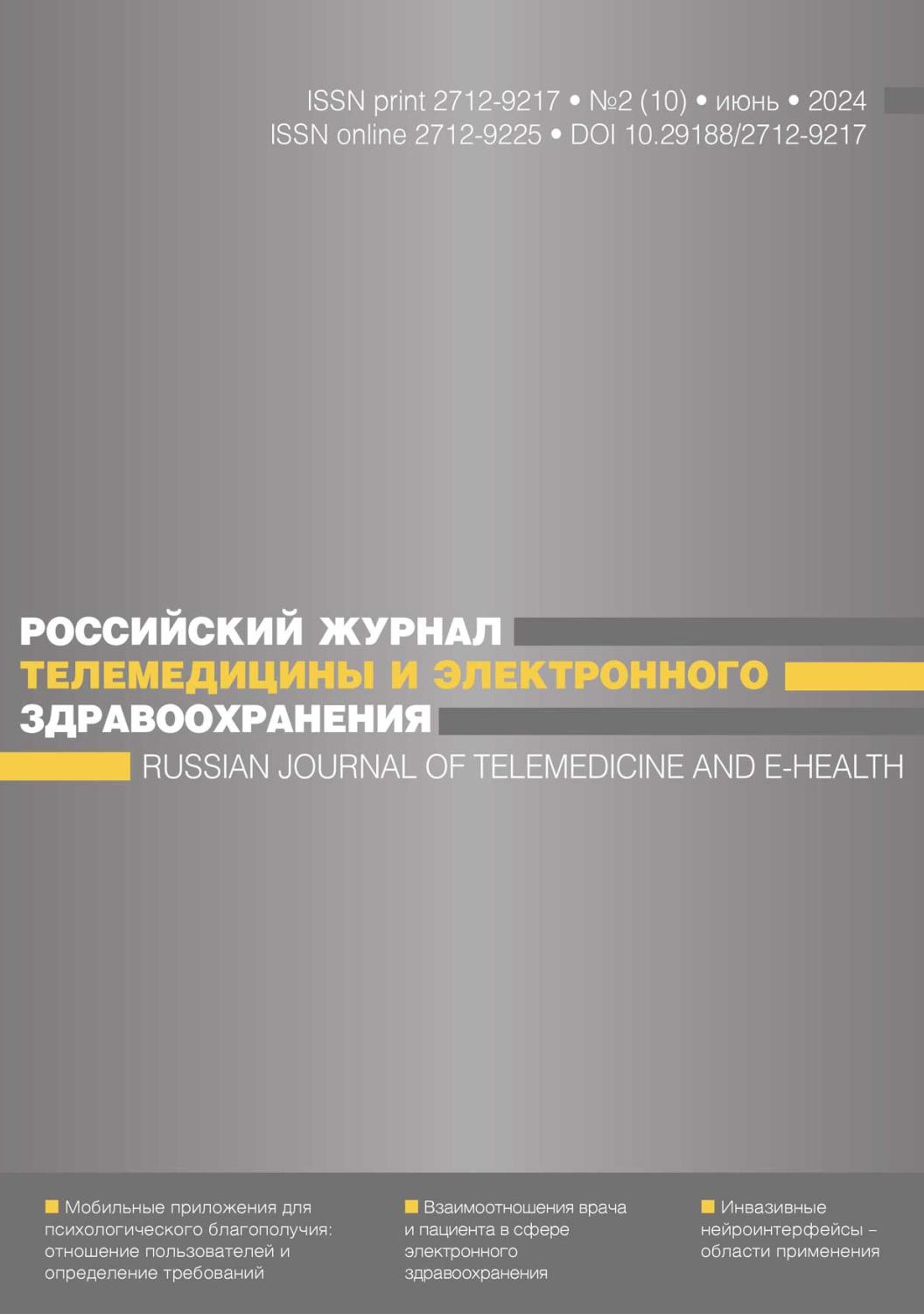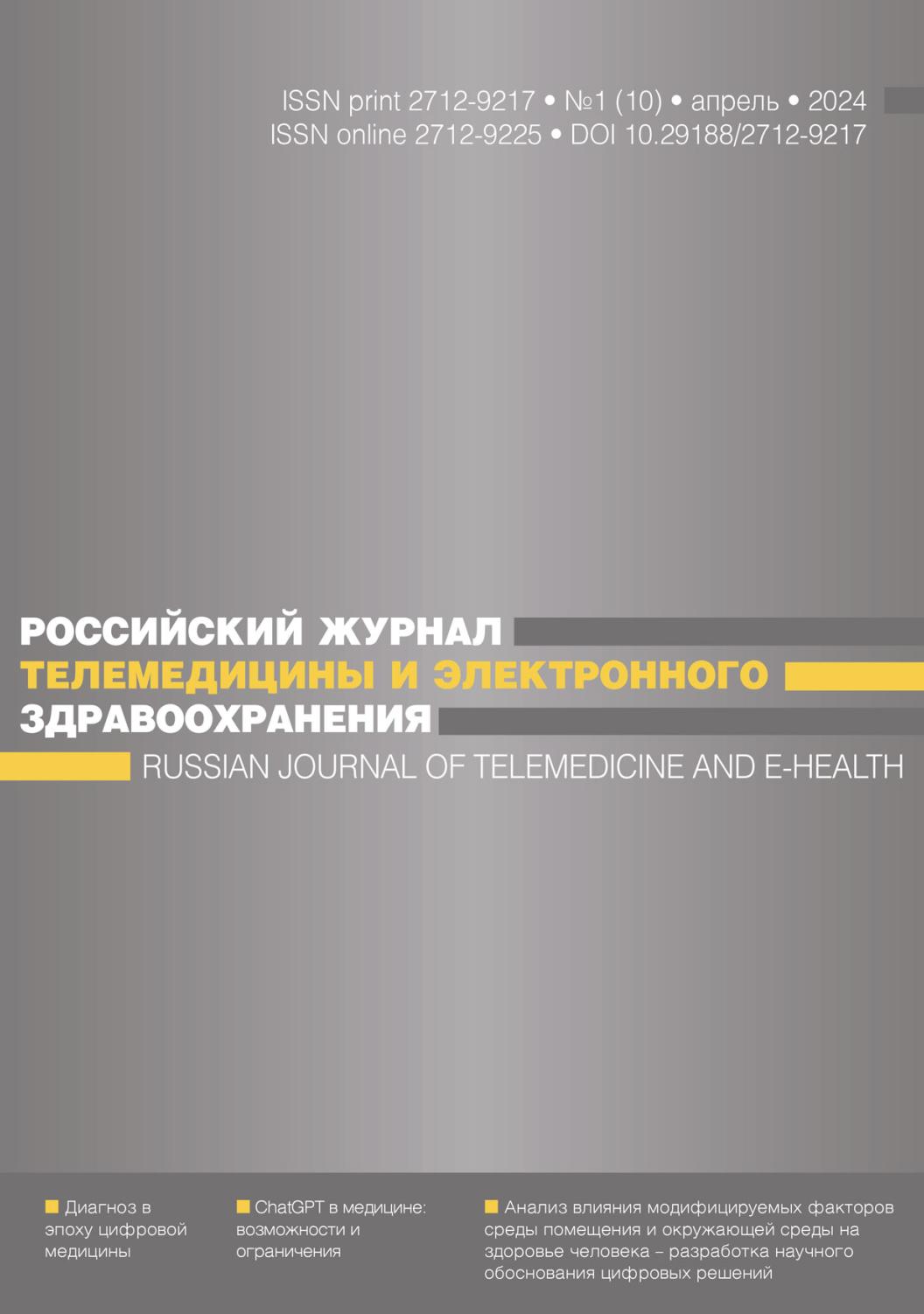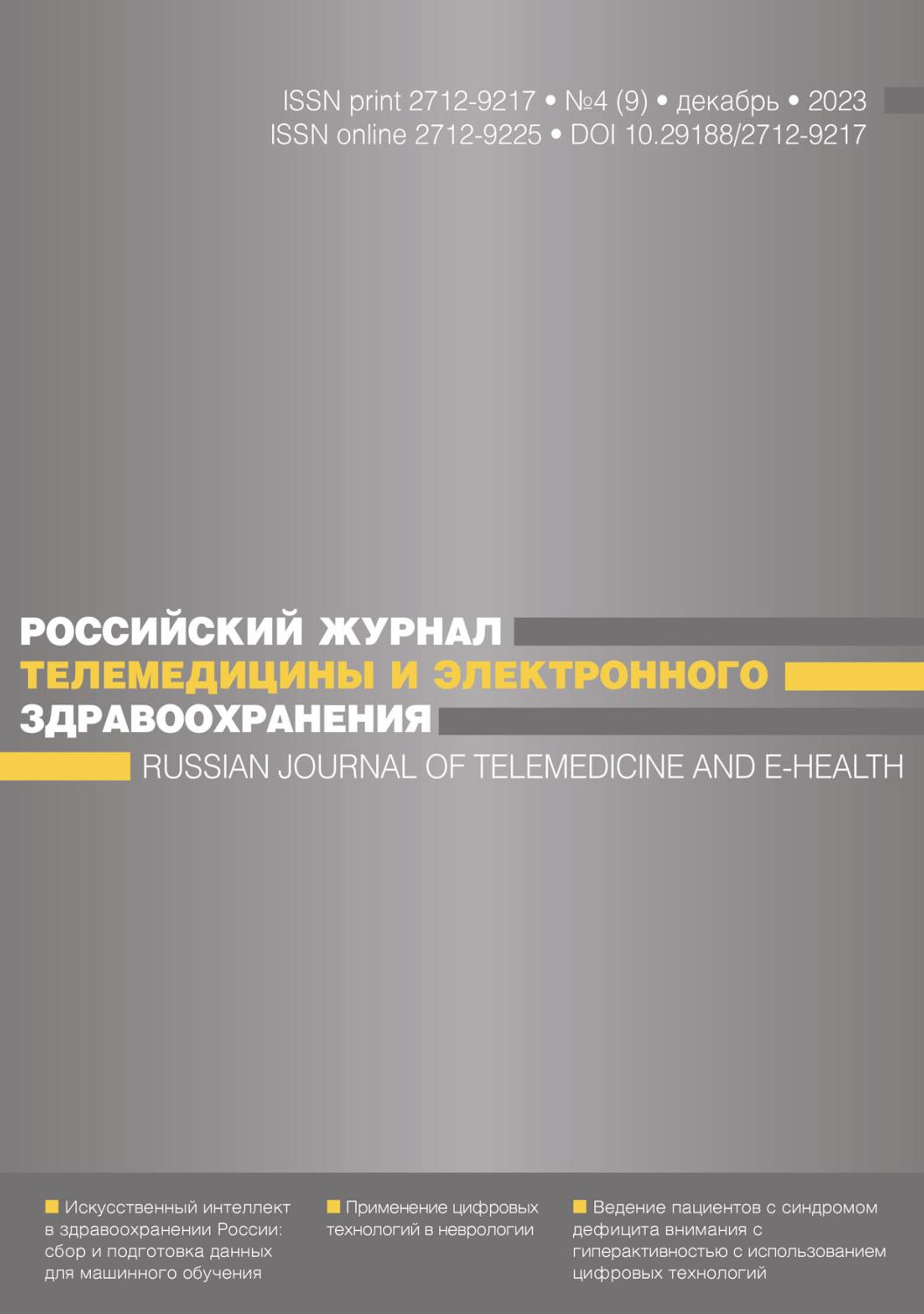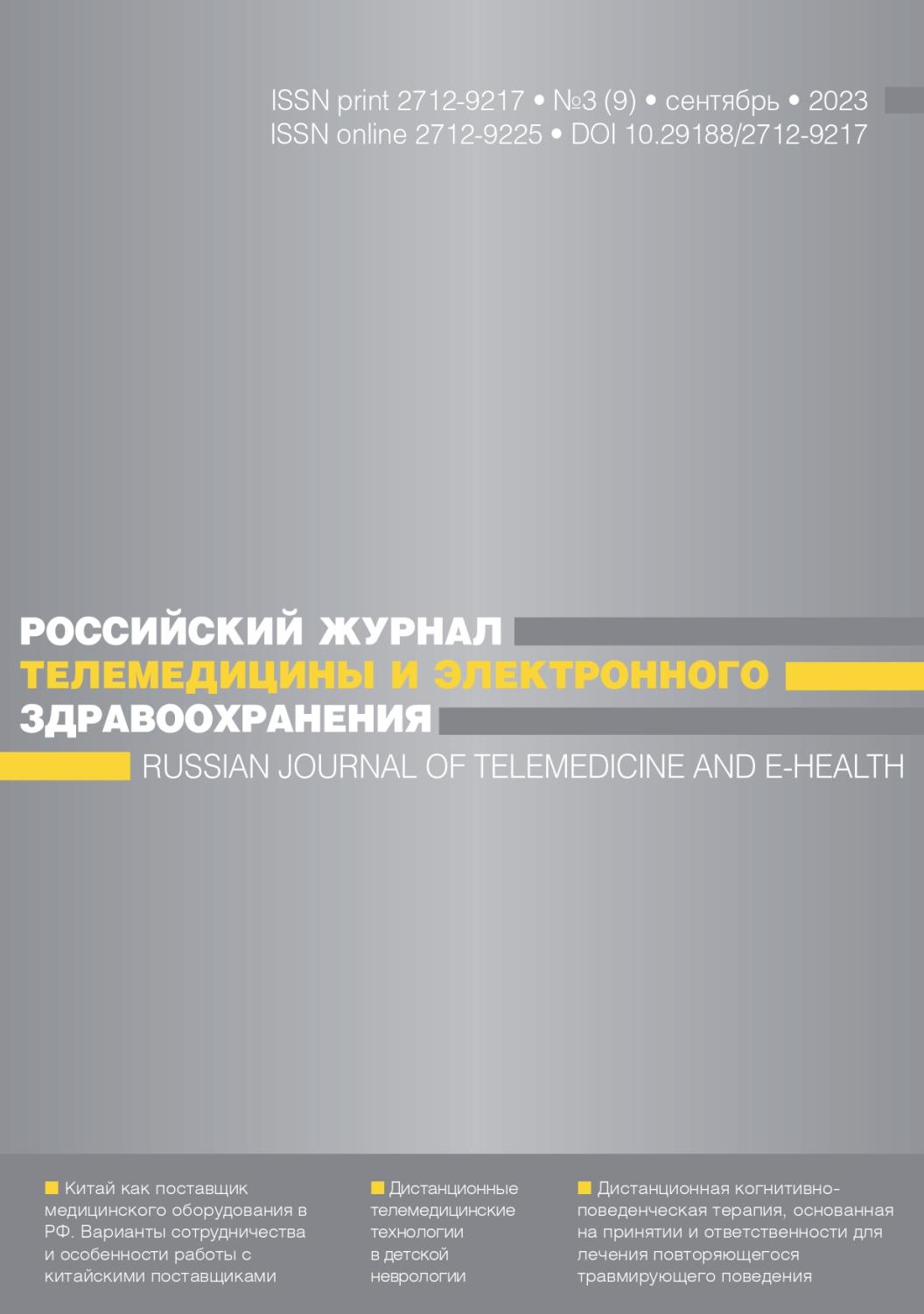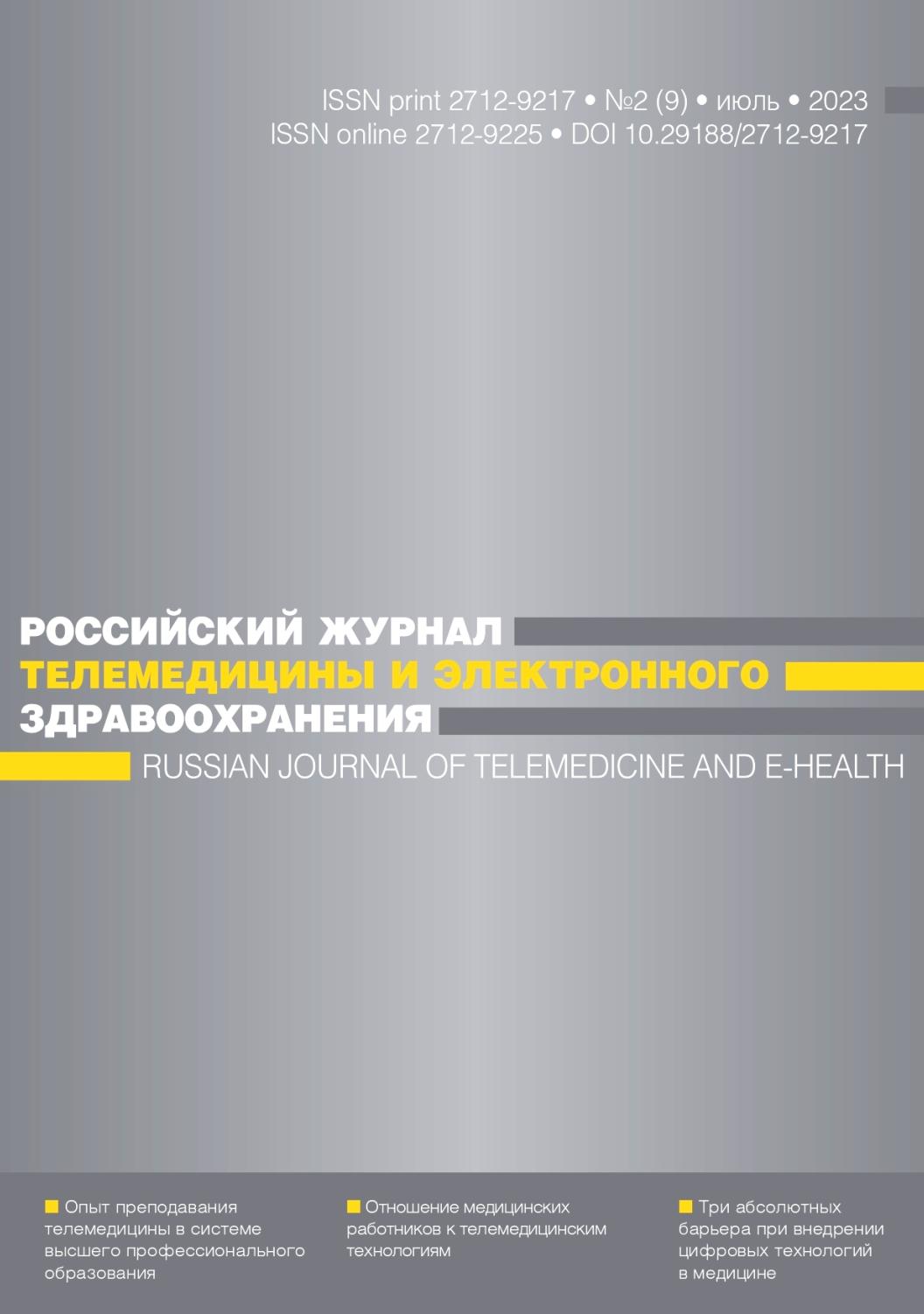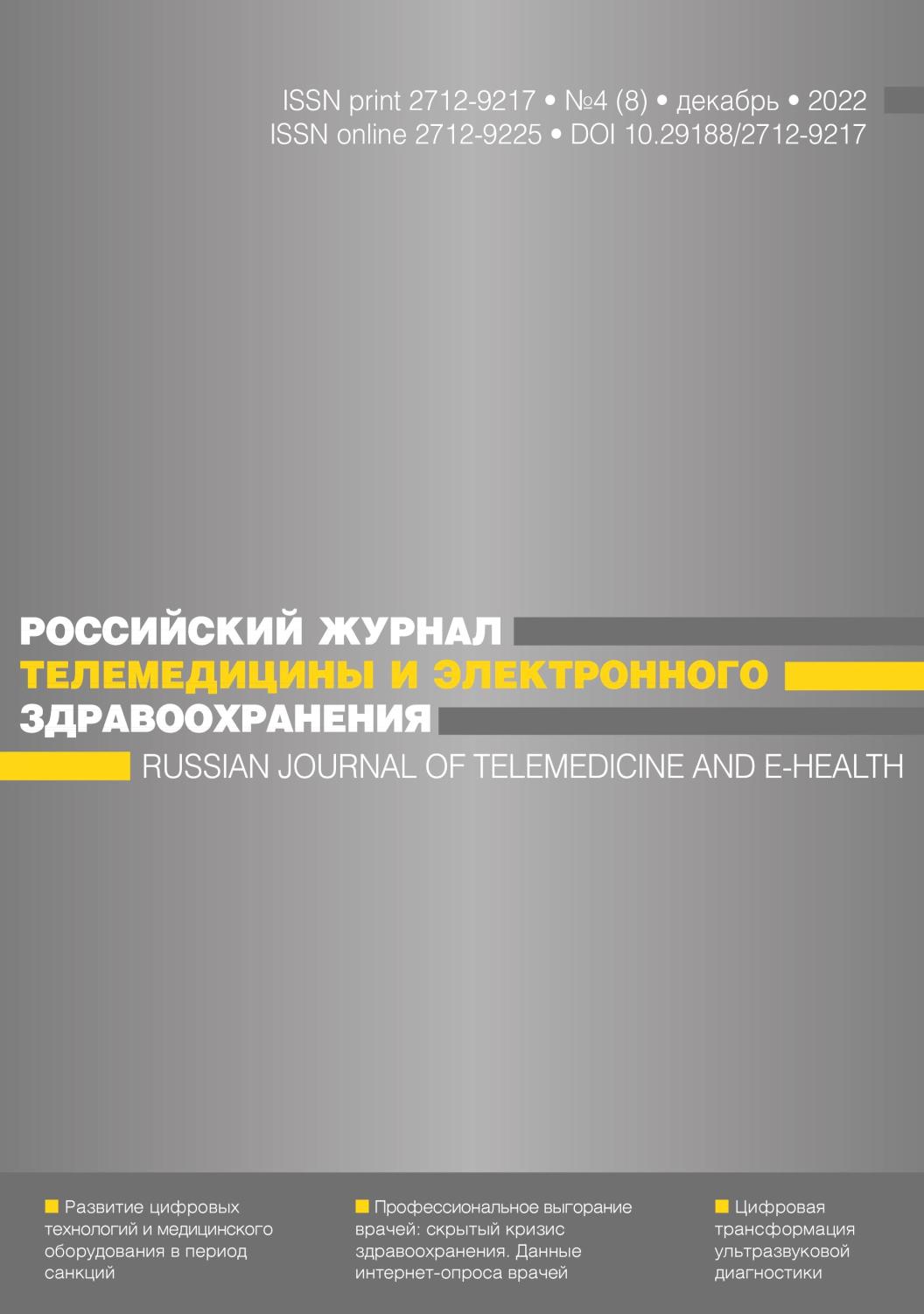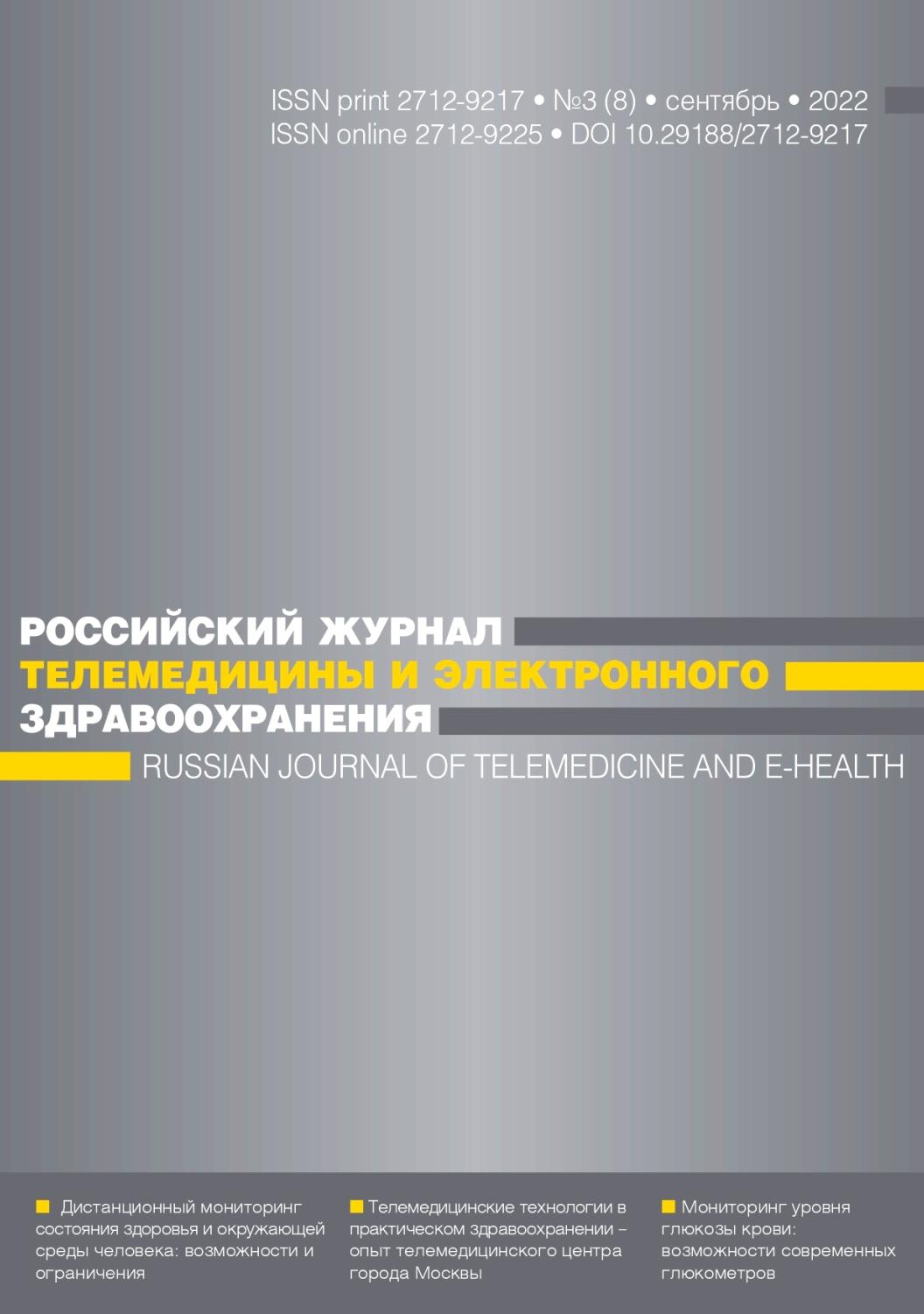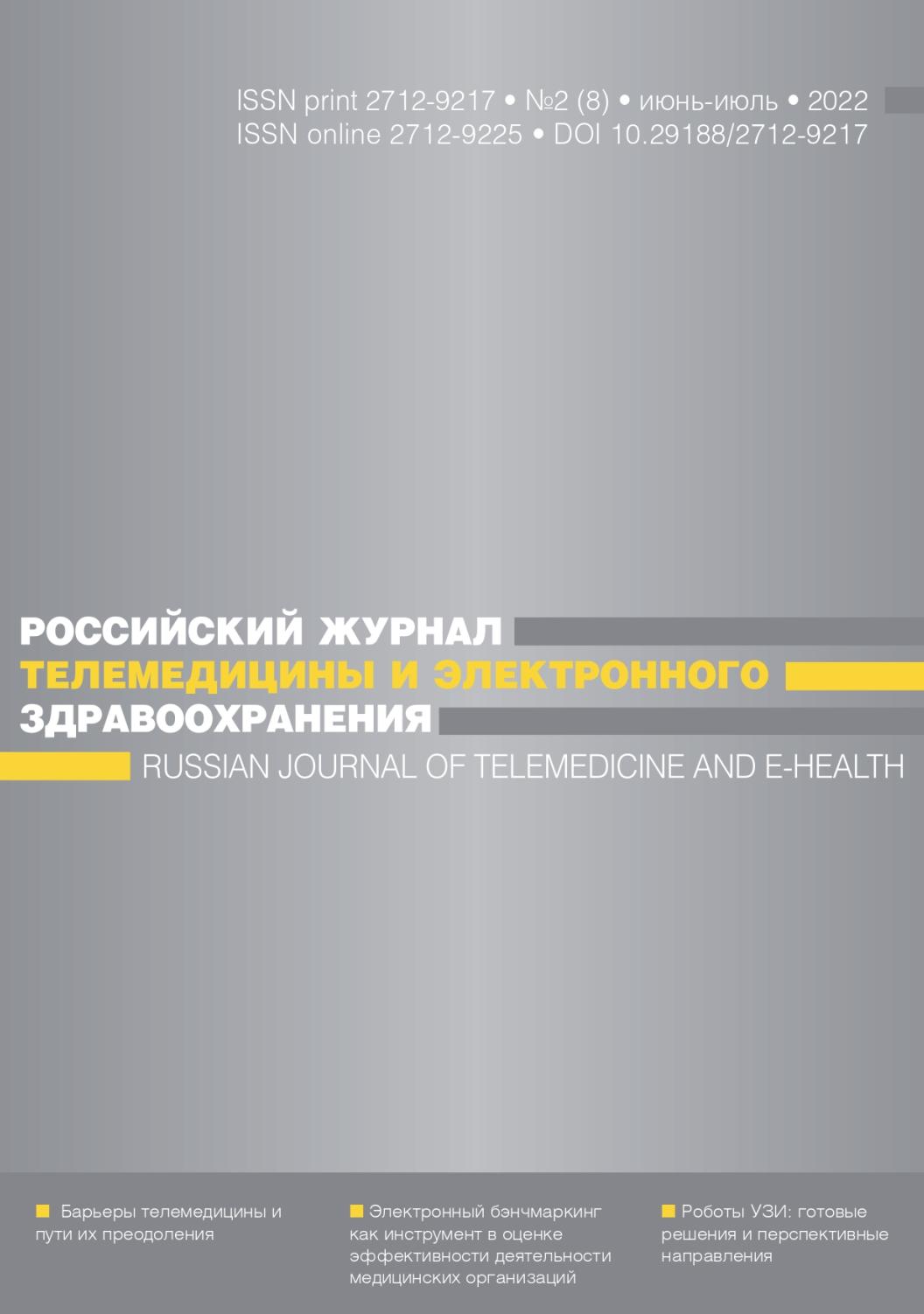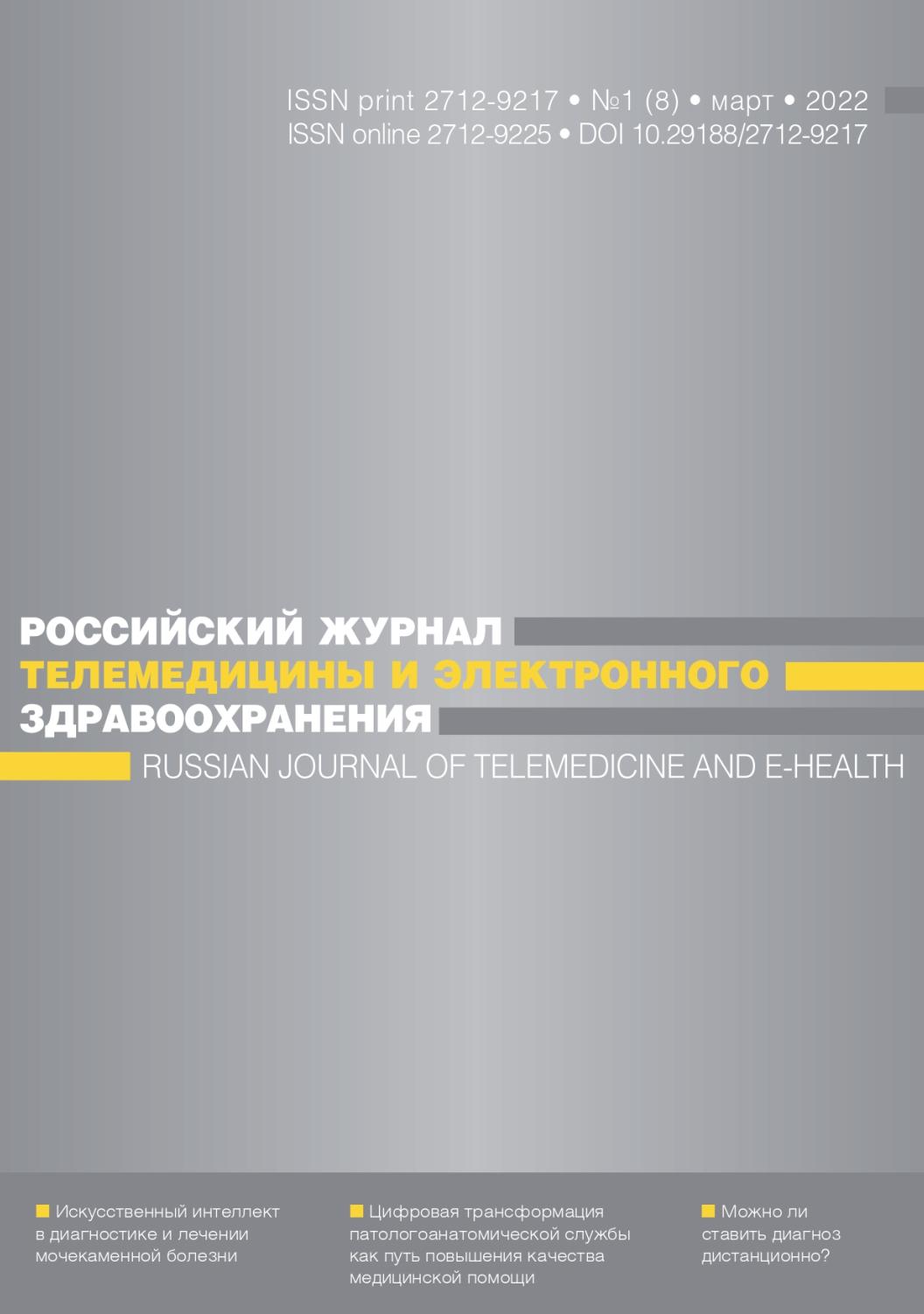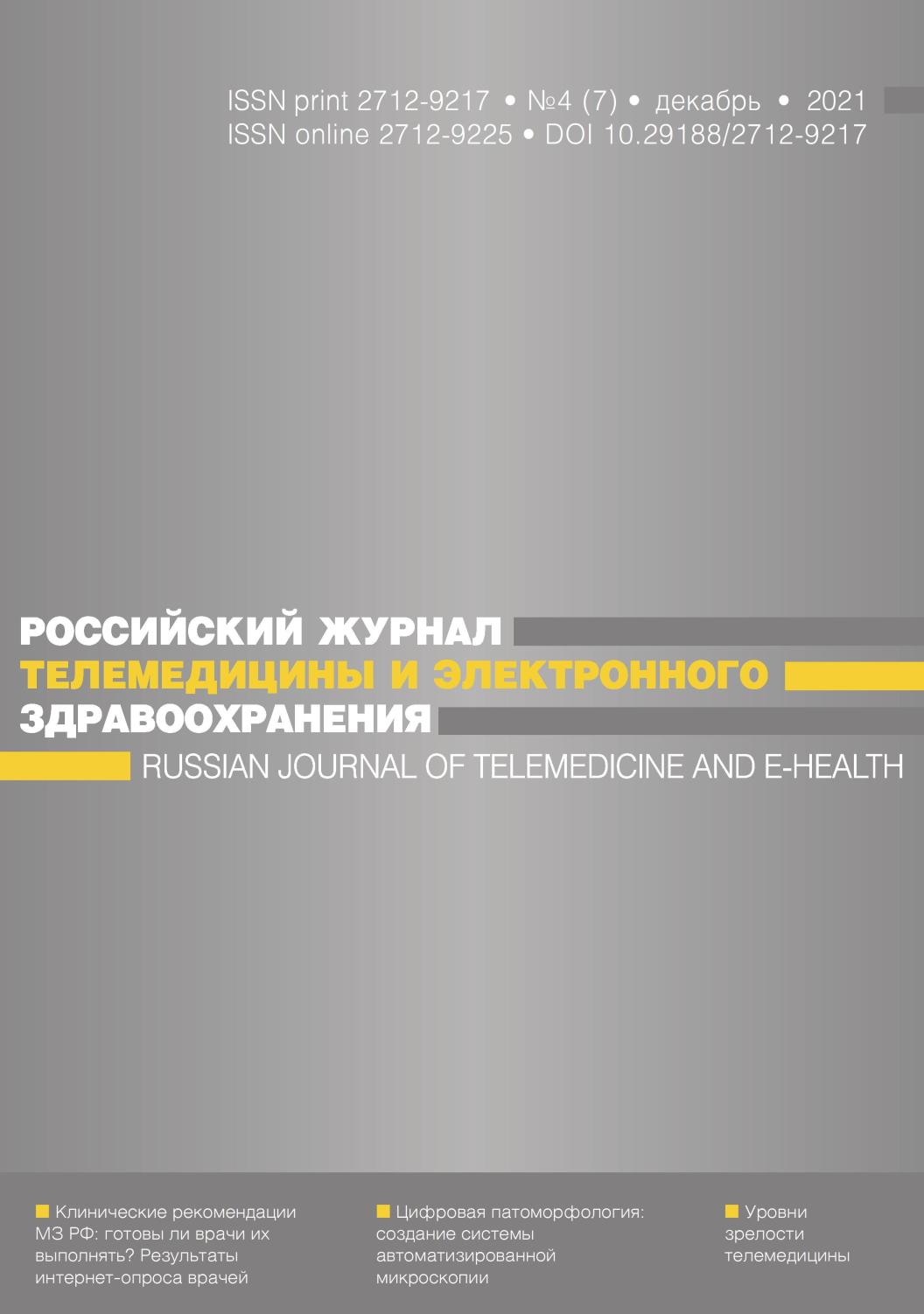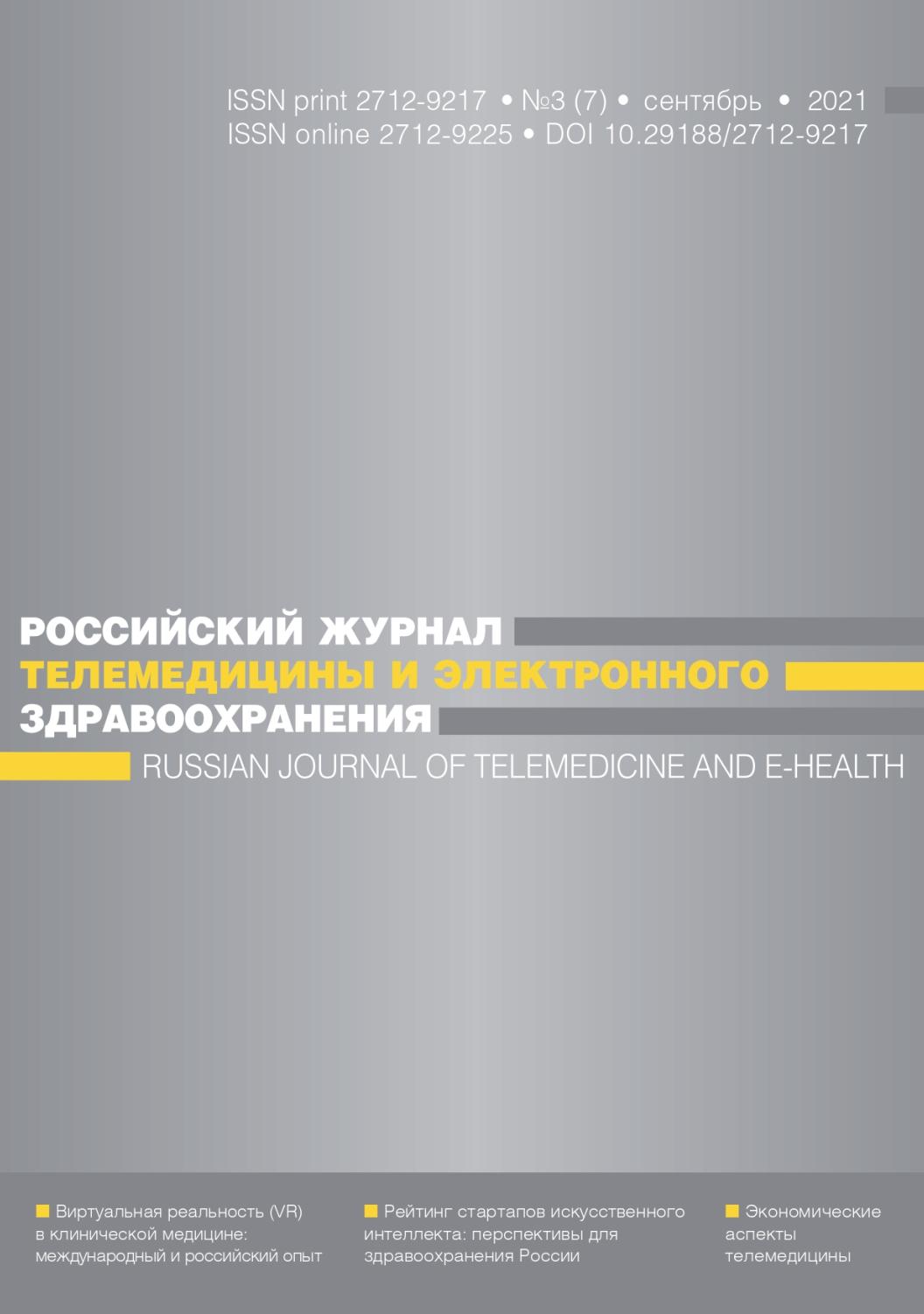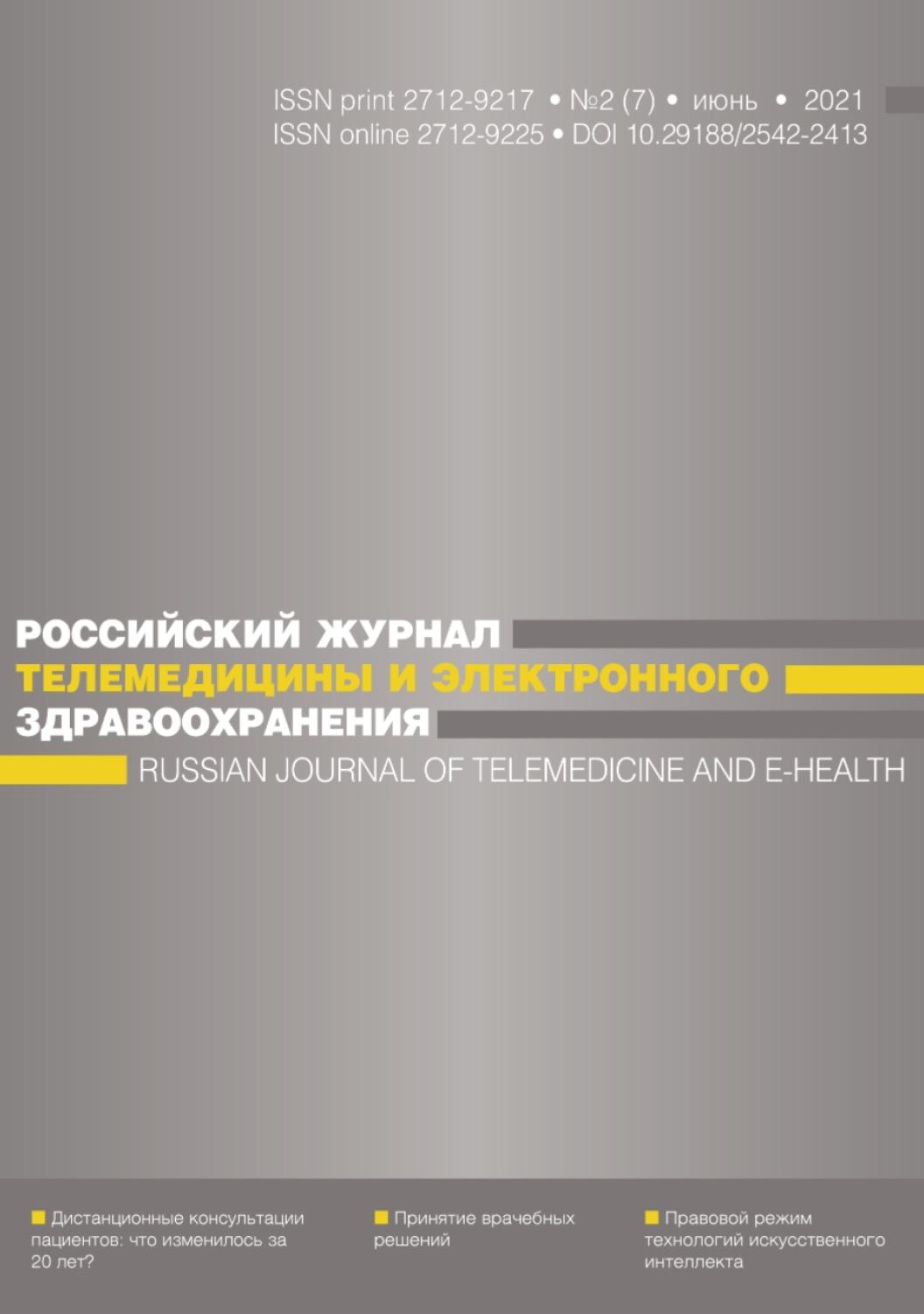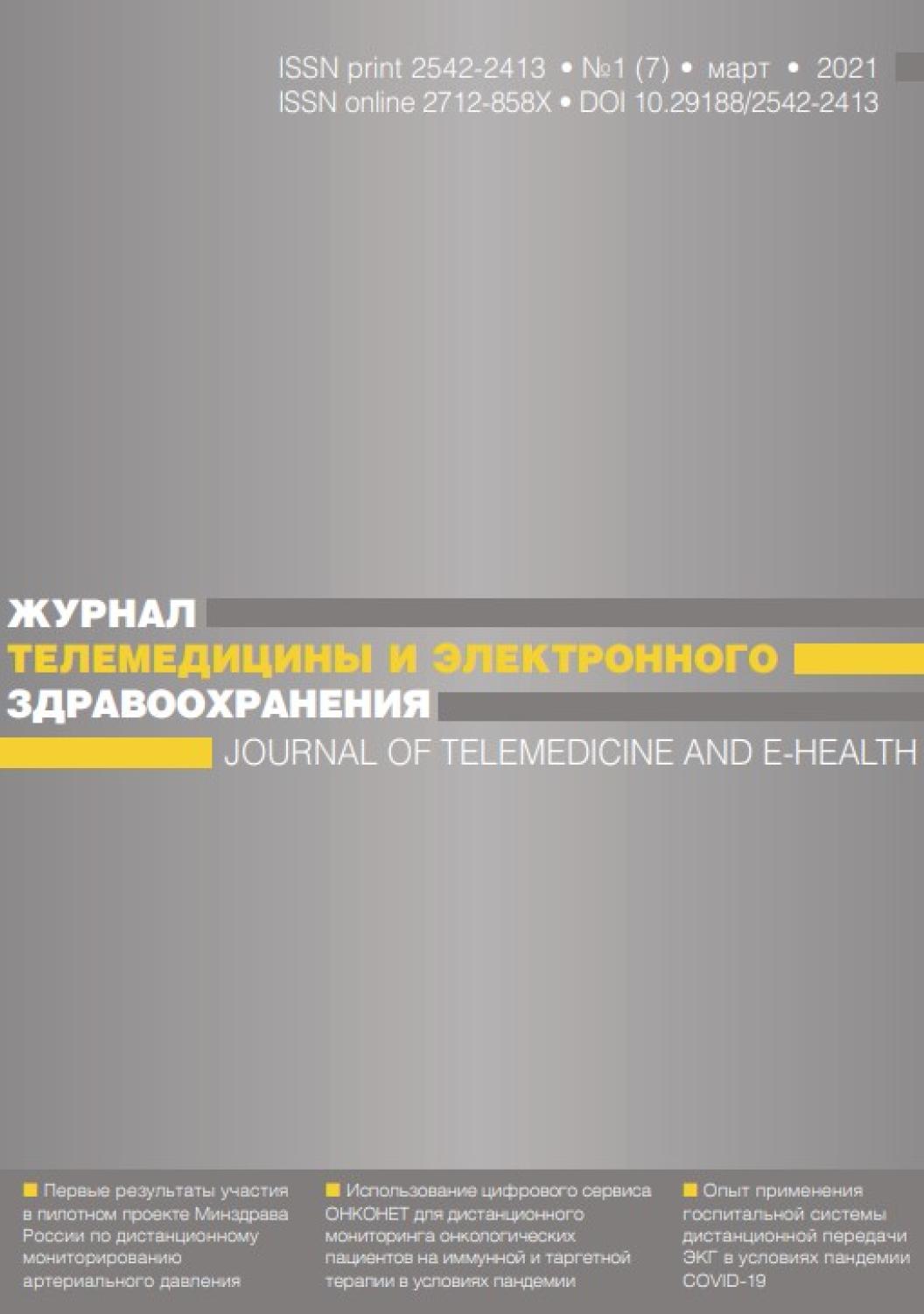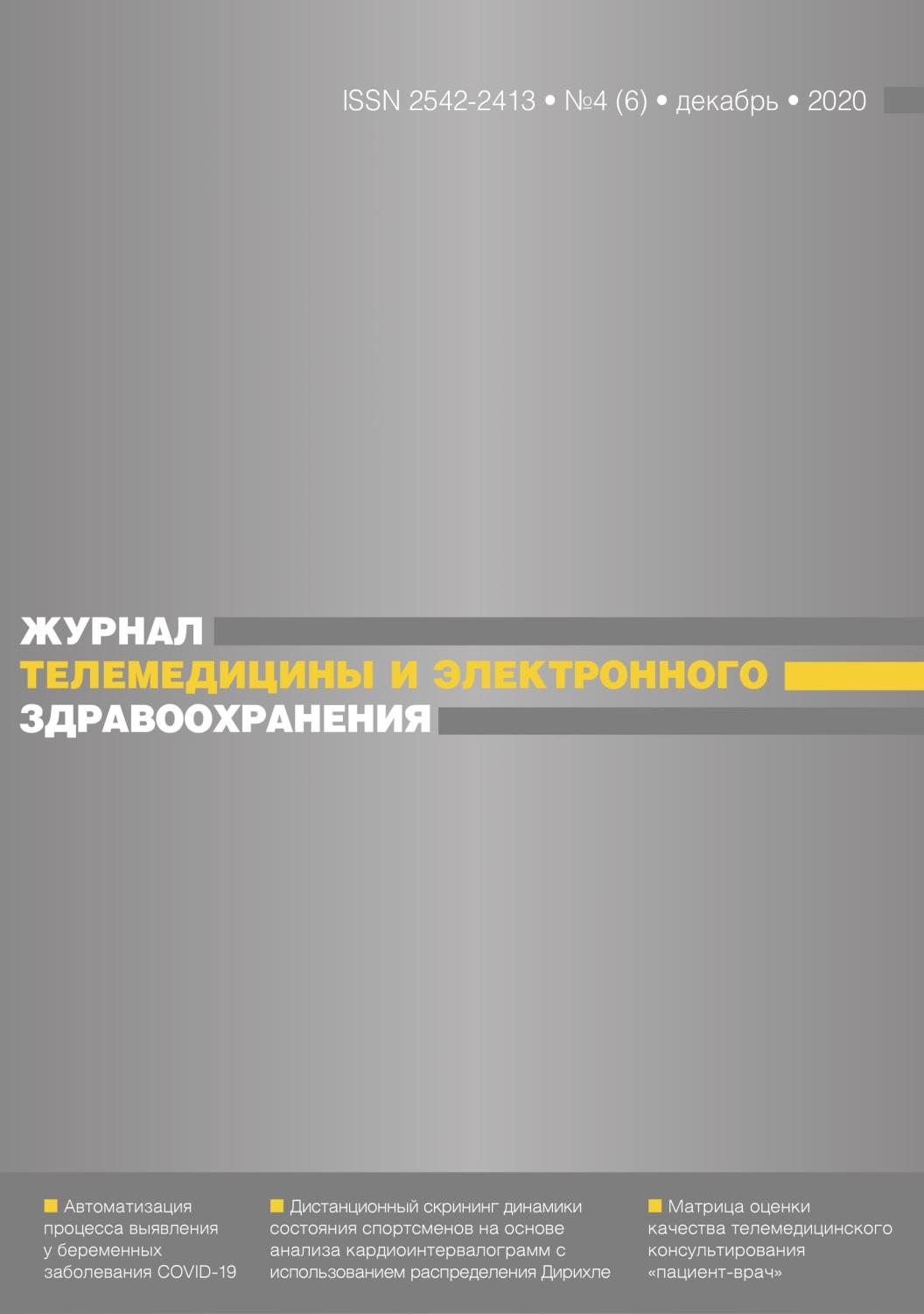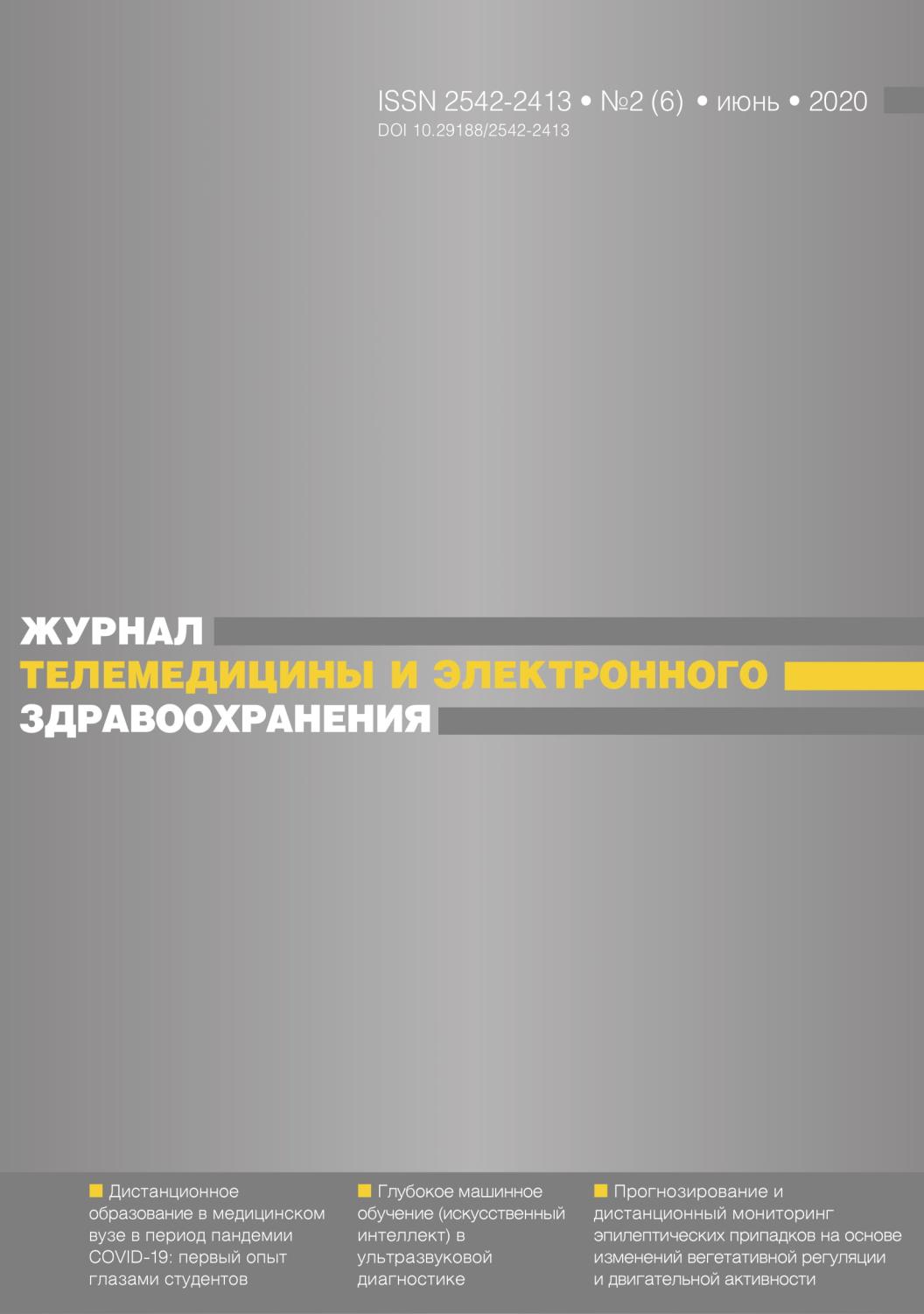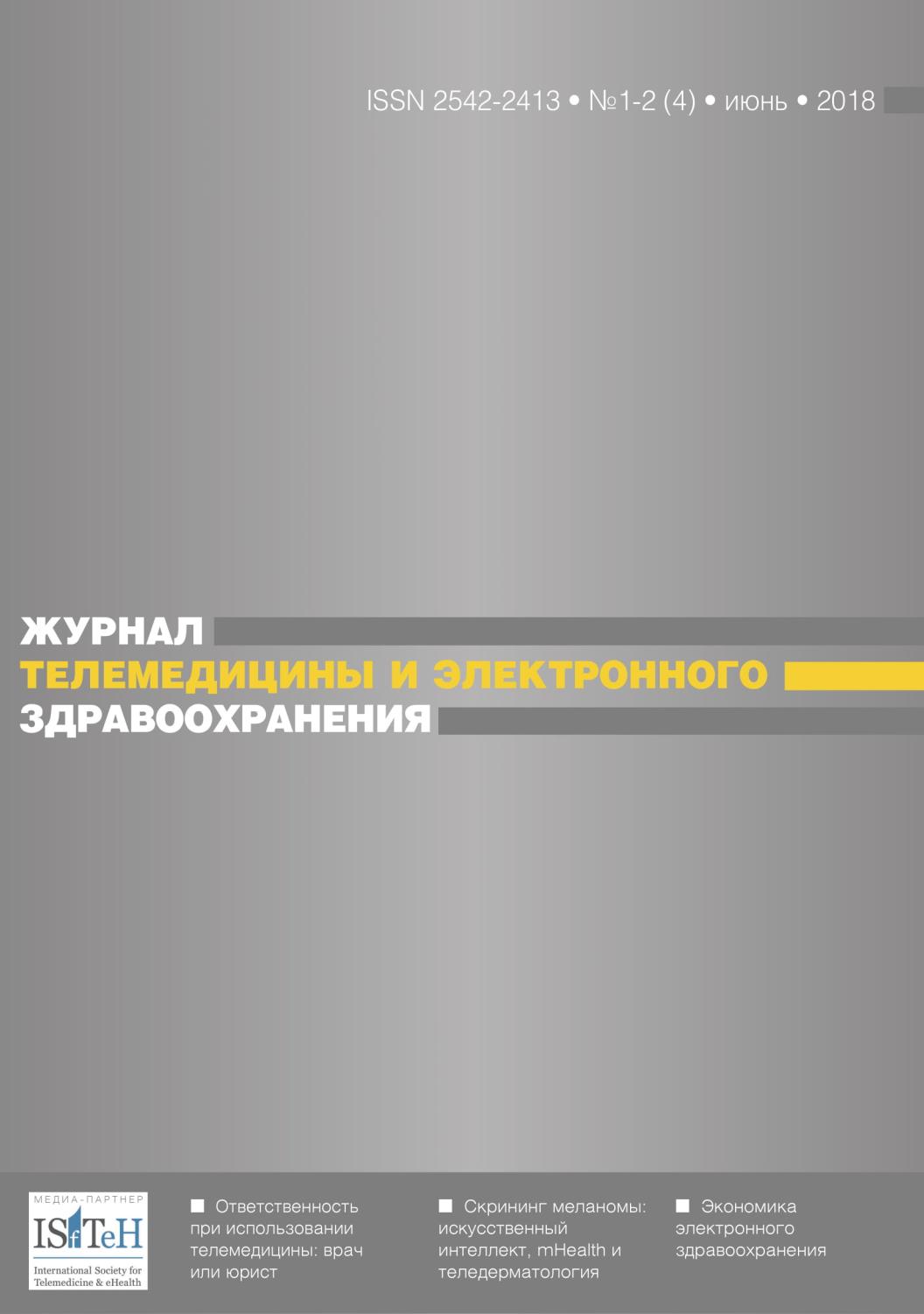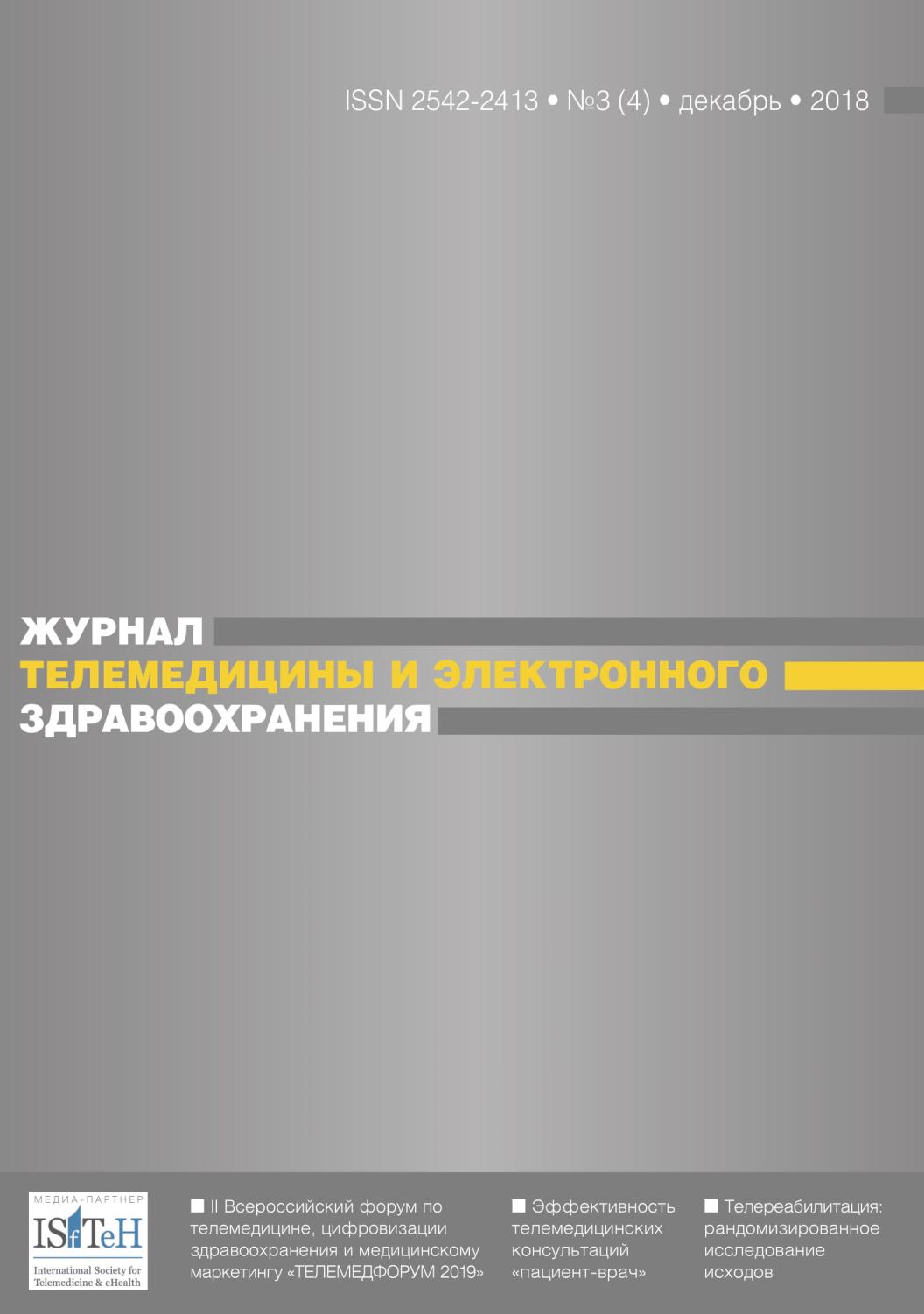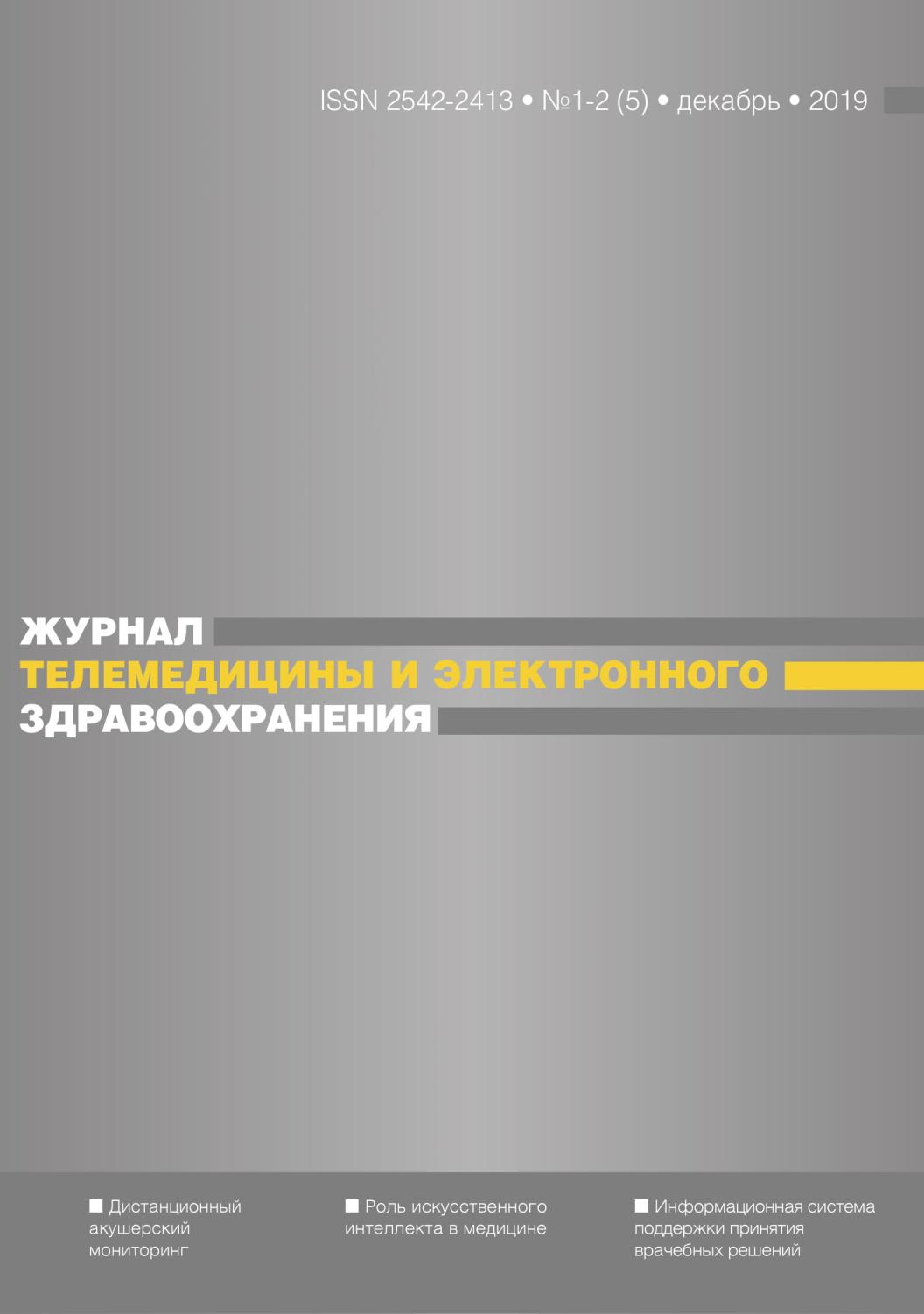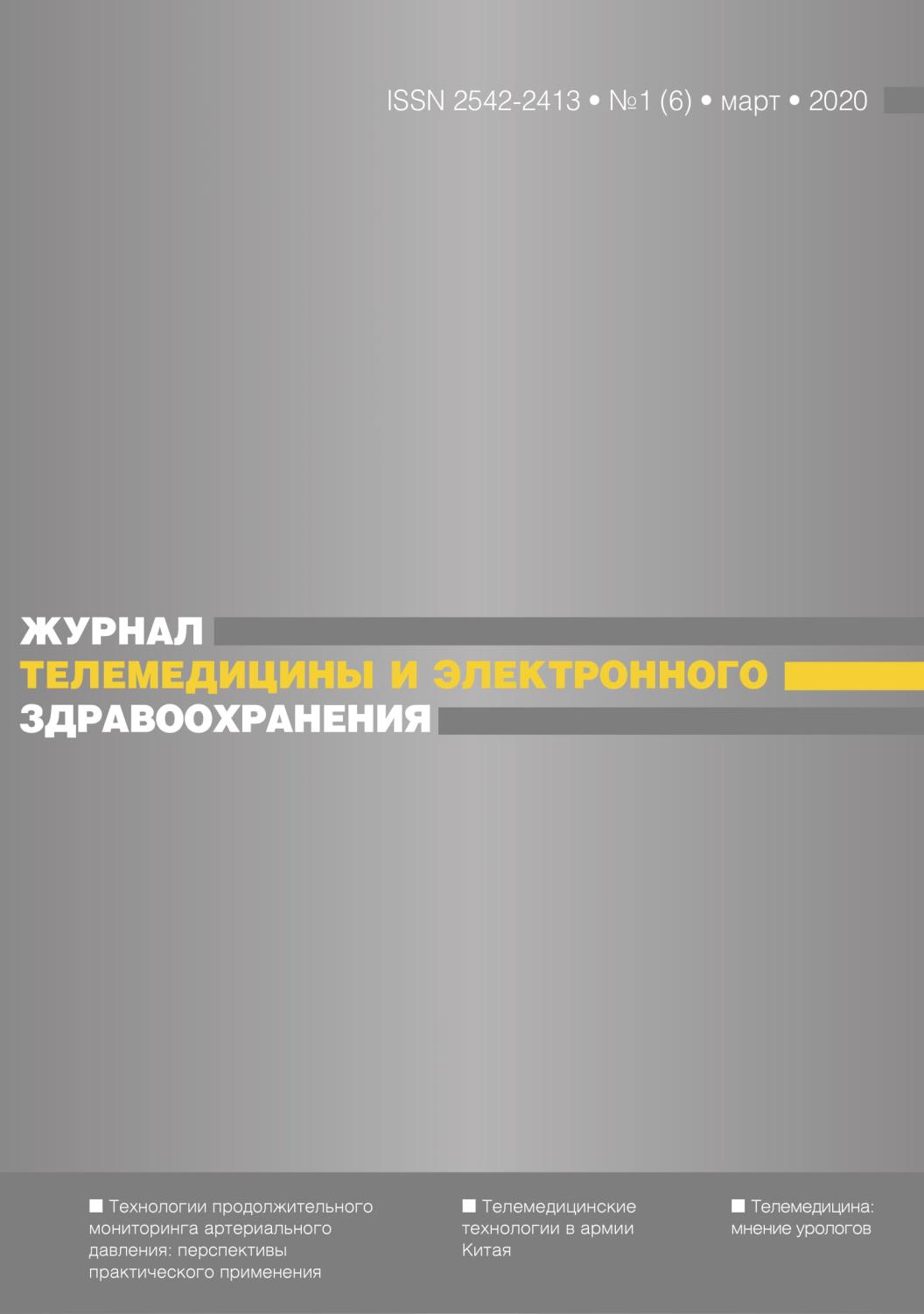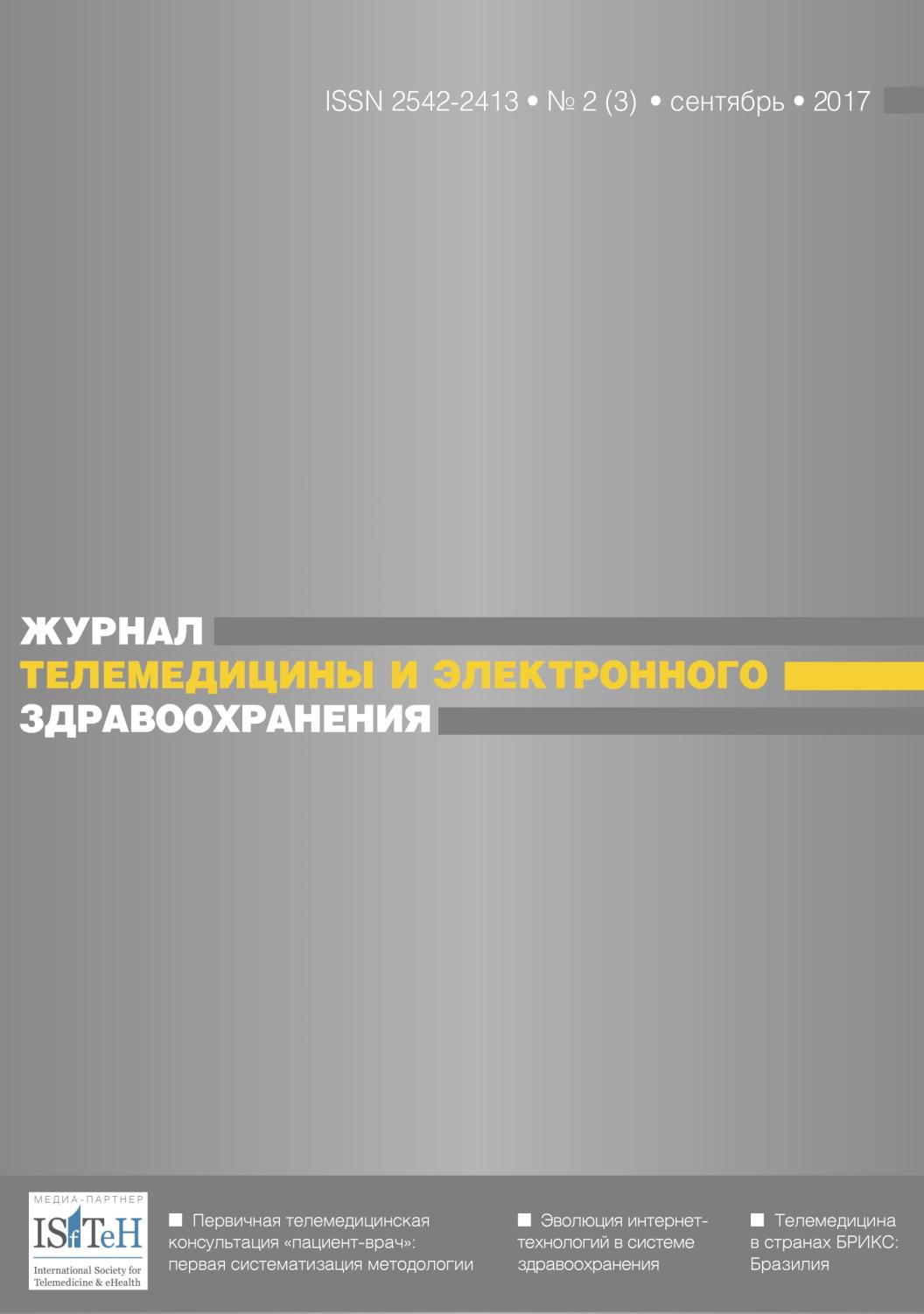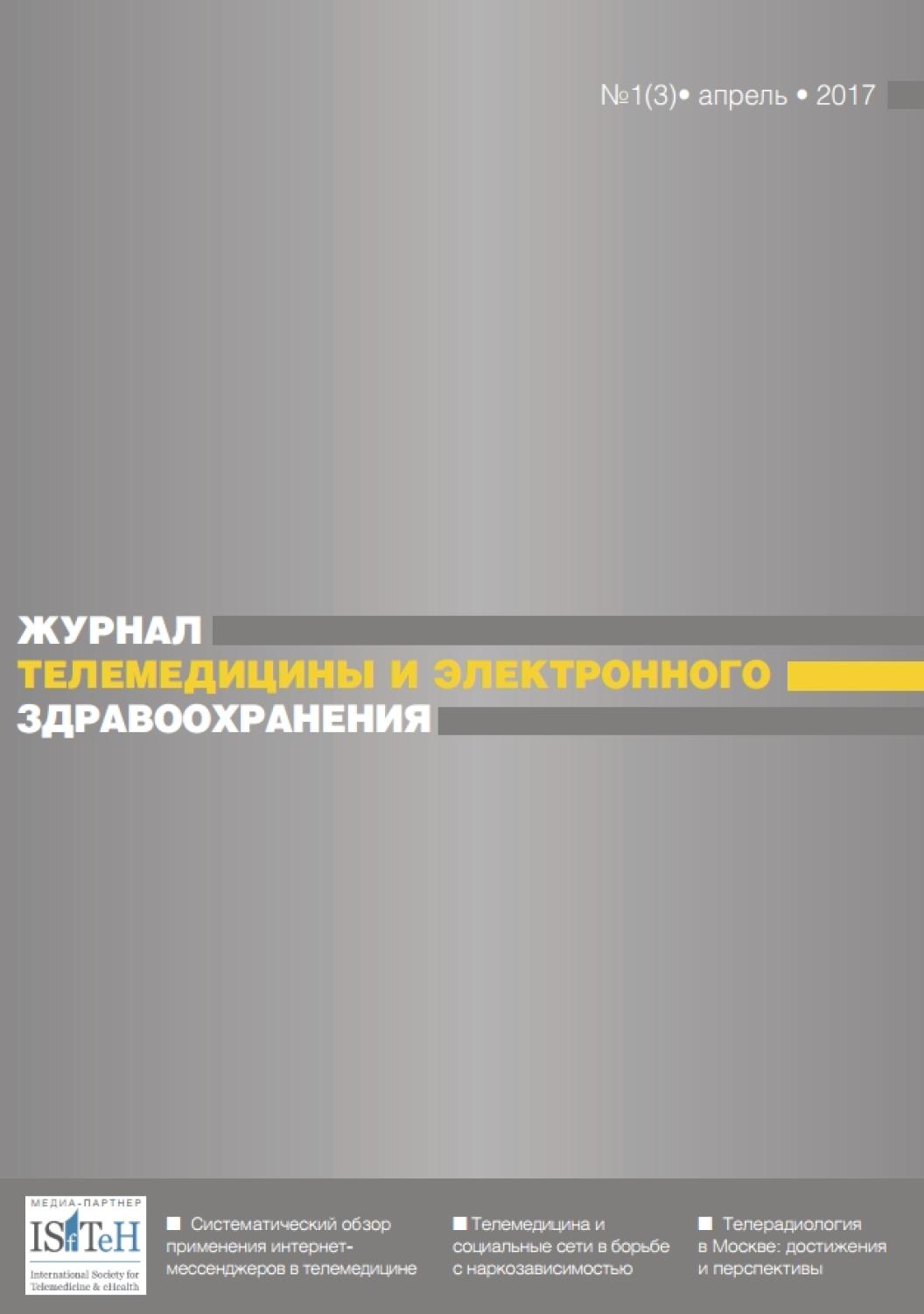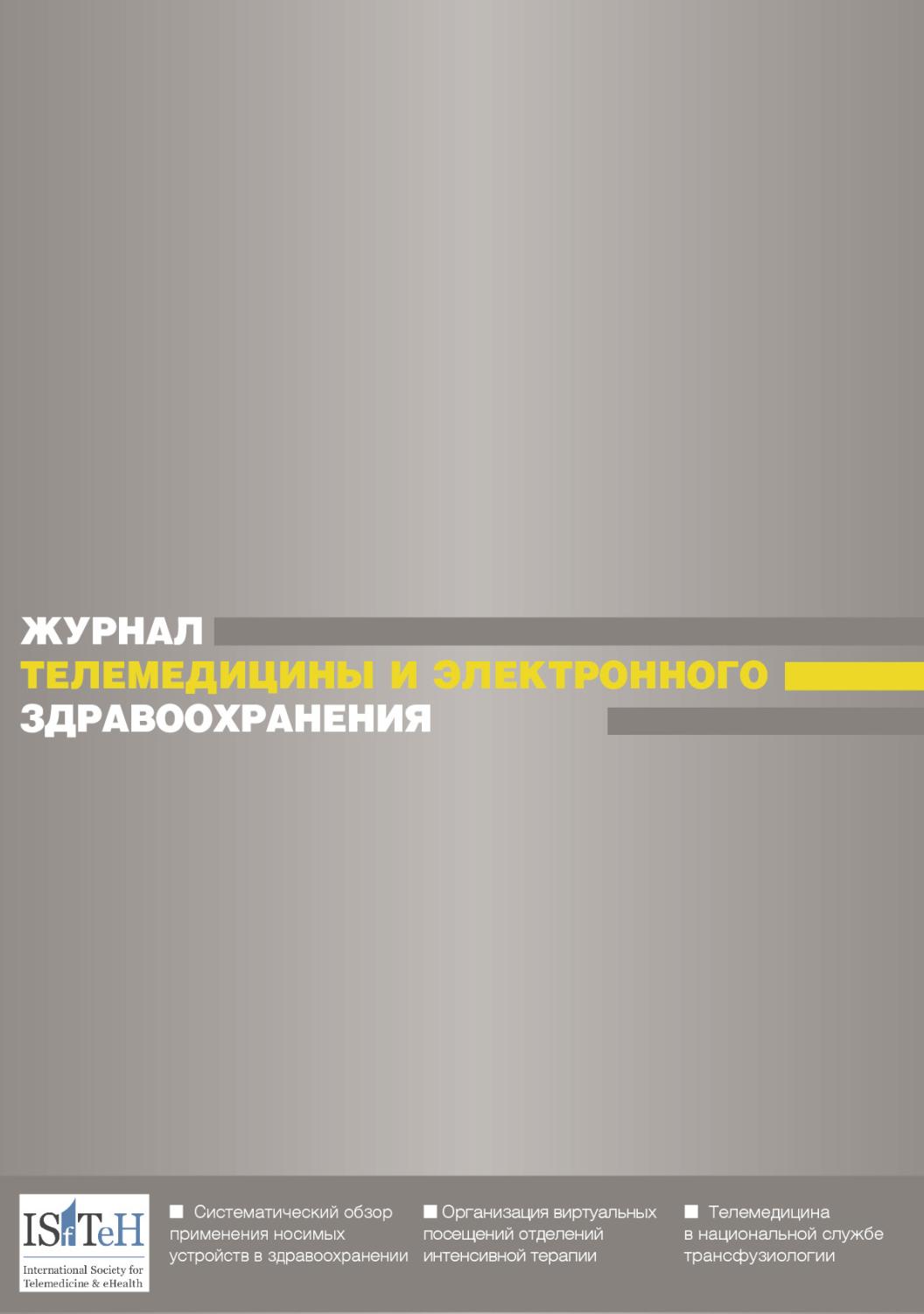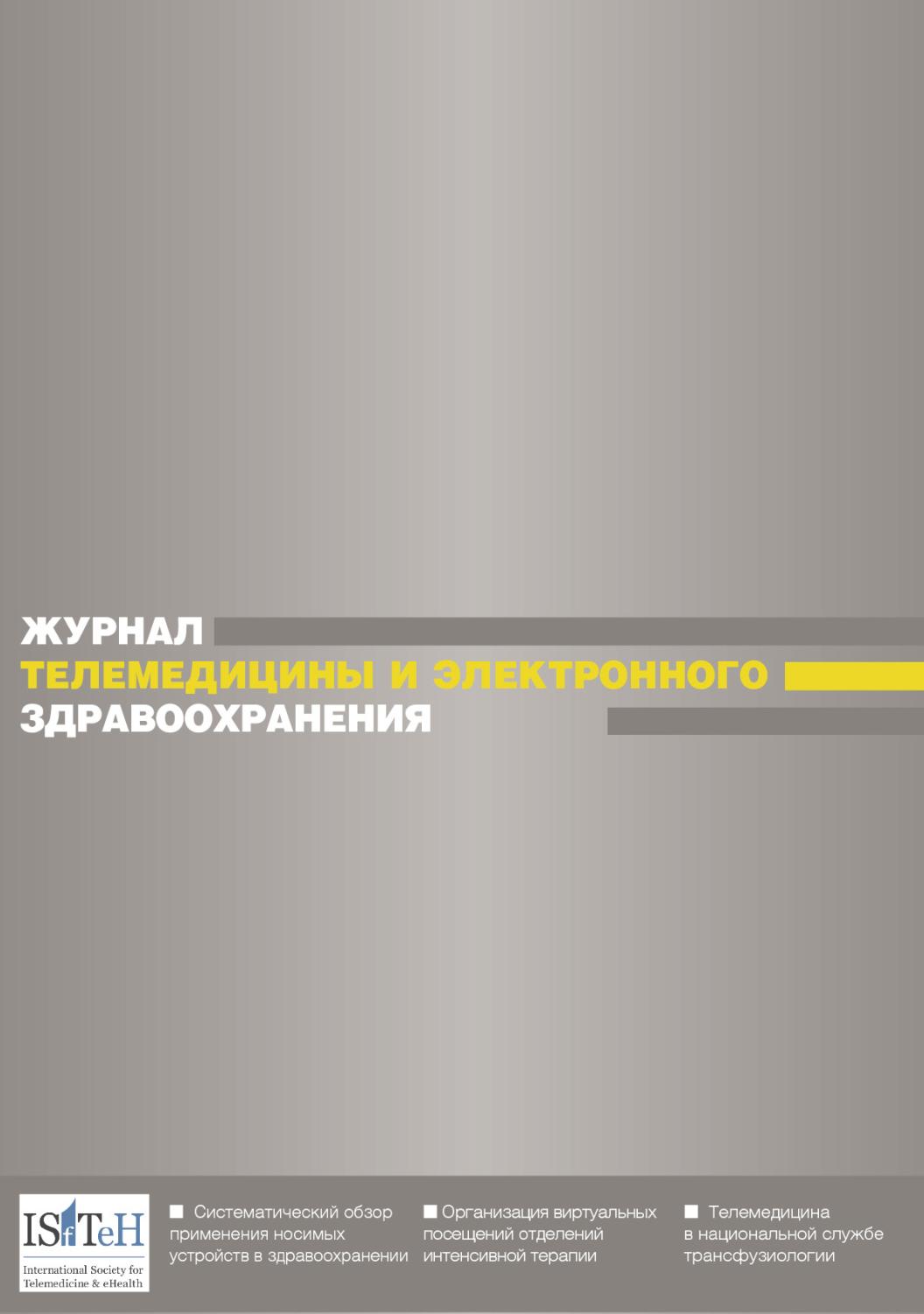Introduction. Currently, the digital transformation of healthcare is one of the priority areas of industry development. In Russia, there is a high readiness and interest of both managers and doctors in the practical application of various digital products, including decision support systems using AI technologies.
Materials and methods. The authors analyzed the scientific research and practical developments available in Russia in order to systematize and identify the most popular scenarios for the use of artificial intelligence systems.
Results. The most promising areas for the development of artificial intelligence systems for healthcare in Russia are:
- Improved diagnostics. AI systems can analyze medical images, laboratory test data and clinical histories, identify patholo- gies and offer accurate diagnoses, which helps doctors make more informed decisions.
- Personalized treatment. The use of AI allows taking into account the individual characteristics of patients and offering optimal treatment regimens based on the analysis of numerous factors, such as genetic data, medical history and response to therapy.
- Disease prediction. AI can help determine the likelihood of developing certain diseases in a particular patient based on their individual risk factors, allowing for preventive measures or early treatment.
- Automation and optimization of processes. AI can reduce the workload of medical personnel, automate routine tasks, improve medical data management, and ensure more efficient resource allocation.


